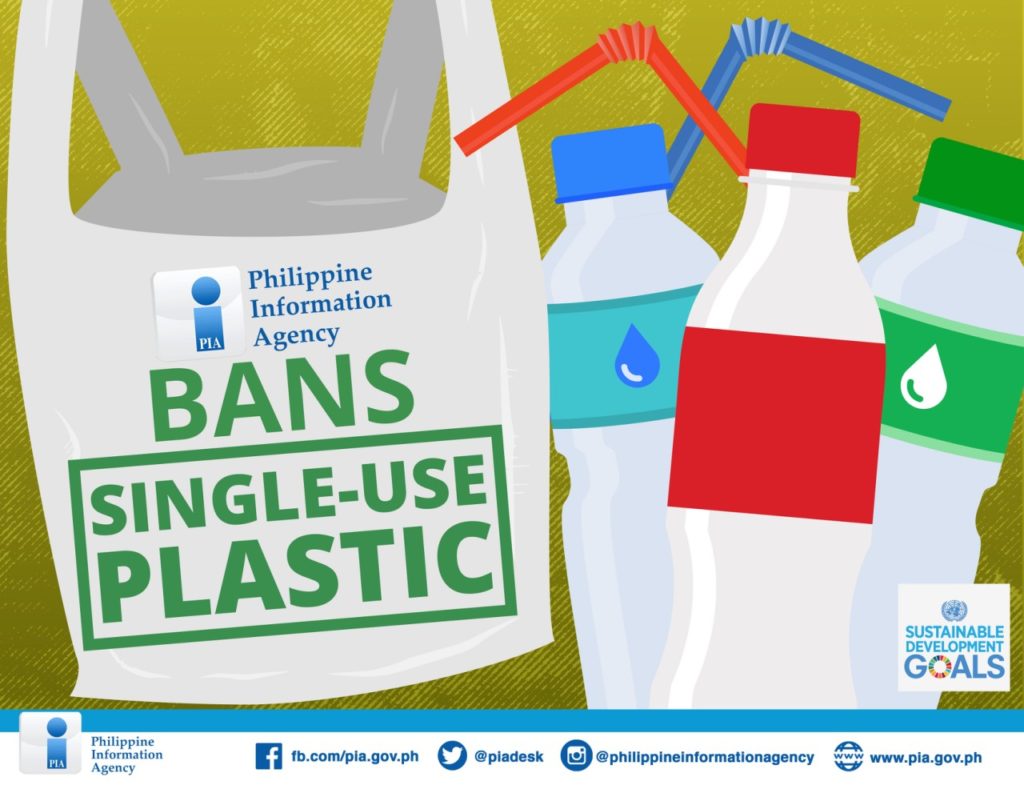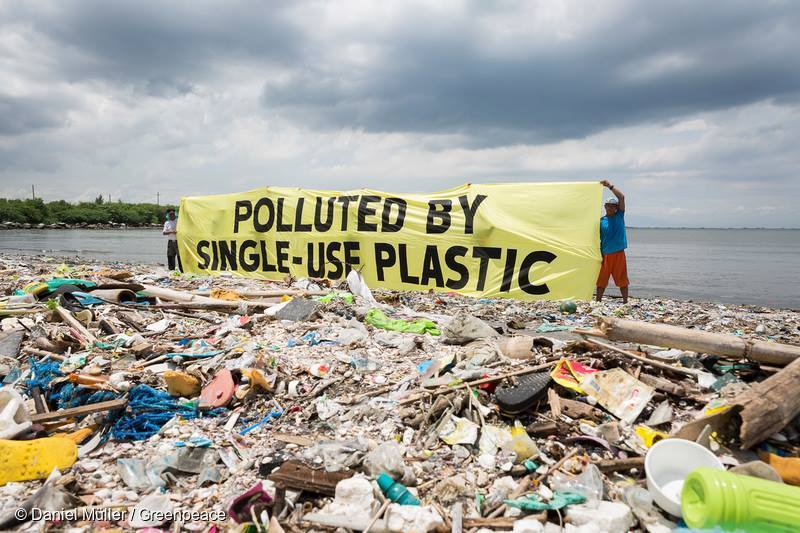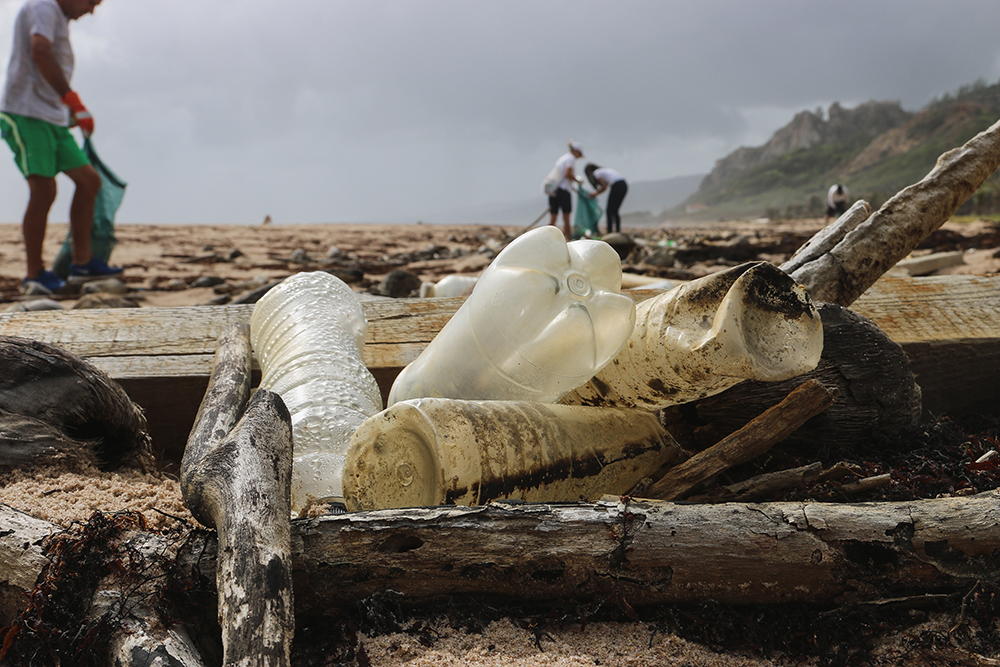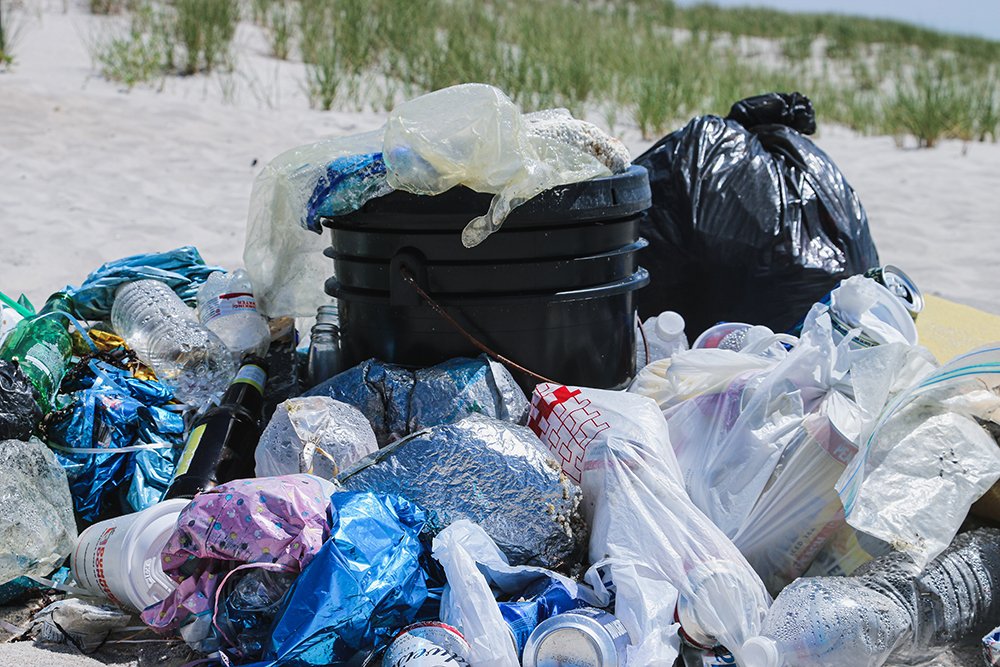As technology advances, it cannot be denied that we are producing more and more waste. Some of these wastes cannot be easily decomposed, especially single-use plastics.
Single-use plastics, or also known as disposable plastics are plastics only used once before they are thrown away. Most popular single-use plastics are plastic bags, straws, water bottles and many more.
Single-use plastics pose a big threat to our environment. They pollute the environment enough to destroy ecosystems, make natural disasters like floods worse and disposing them is a very big problem. Single-use plastics can take years before they decompose. The Philippines alone produces an average of 2.7 million metric tons of plastic each year, which is big enough to cause problems for a country that’s prone to floods.
So, what is the Philippines doing with this issue? Legislators have pushed bills regarding the ban of single-use plastics in the country. House Bill 8692 titled “AN ACT BANNING THE MANUFACTURE, IMPORTATION, SALE, AND USE OF SINGLE-USE PLASTIC PRODUCTS, PROVIDING FUNDS THEREFOR AND FOR OTHER PURPOSES” was introduced by Rep. Winston “Winnie” Castelo in an effort to mitigate the plastic crisis in the country.
With a short title of “Ban on Single-Use Plastic Products”, the bill calls for a total ban of single-use plastics, with a phase-out plan of banning plastics altogether being prepared. The bill recognizes the need to institute mechanisms to prevent pollution and promote a healthier environment, using policies that can help observe the banning of such plastics.

The bill also proposes a “phase-out plan” for single-use plastics, particularly its manufacture, sale, importation and use within one year after the effectivity of the act. Specifically, the phase-out plan covers the following as per the actual bill (http://congress.gov.ph/legisdocs/basic_17/HB08692.pdf)
- Prohibition of single-use plastics by food establishments, retail stores, markets, supermarkets and groceries during the interim period;
- Awareness-raising to encourage consumers to use reusable materials in substitution for single-use plastics, and to encourage proper recycling of plastic products;
- Collection, recycling, and proper disposal by the manufacturers of single-use plastic products already in circulation prior to the effectivity of the ban;
- Establishment of recycling centers in local government units
Penalties are also imposed to violators with an initial fine of Php 50,000.00 for first-time offenders and can reach up to Php 200,000.00 for repeat offenders as well as cancellation of business permits.
Currently, the bill is in seventeenth congress with a pending status with the committee on Ecology since December 5, 2018 (http://www.congress.gov.ph/legisdocs/?v=billsresults#17).
Cebuanos, always remember that change always starts in us, at home. Let’s be more mindful of our waste and use reusable bags when buying groceries and others. When traveling, be a responsible Laagan.





I have been staying in Liloan for 12 years and I have witnessed the Old Market Place being finished.
The new Market is much too far out of Liloan and has killed the heart of the Town.
The traffic has increased and now it is un-safe for Old and Young peopl to croos the busy road.!
What will the Government do about these big de-grading changes ??
I used to complain about the vehicles parking on the new concrete Pavement and forcing old folks to walk out onto the roads.!!.
Mickey from the now closed … “Mickey’s Place “
Finally, a government official who has a brain. It is far past time to put an end to single use plastics. And there should be a penalty of P50,000 for anyone caught littering. We are killing our oceans and killing all food sources in our oceans. Call, email or text your local, provincial and national representatives and encourage them to pass this bill.